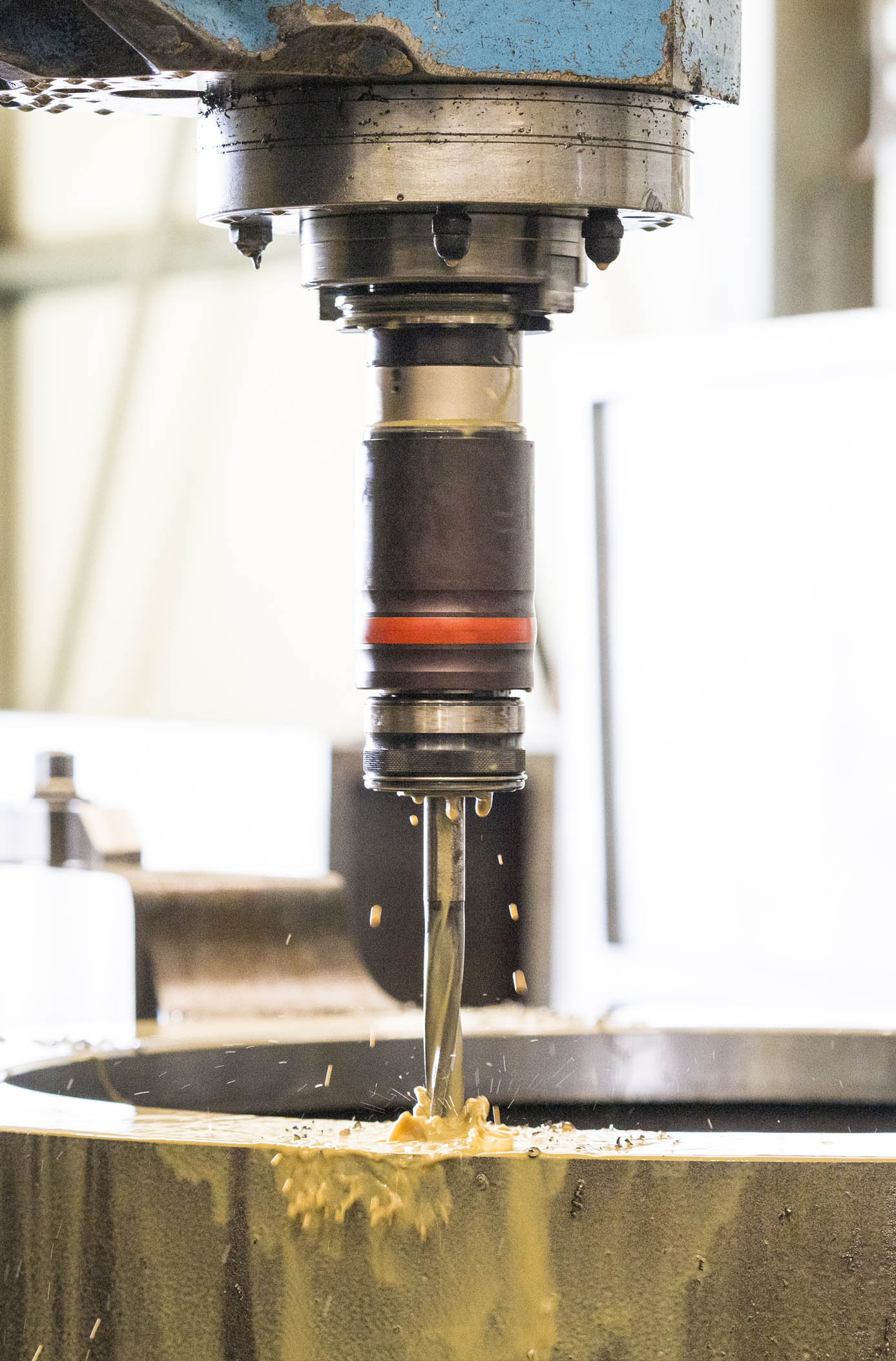
Does putting back the clocks benefit industry?
Every year, on the last weekend of October, the clocks are put back one hour, and we lose one hour of light in the afternoons through to the last weekend of March, when they go forward again. Whenever the time is artificially changed, there is renewed controversy about the benefits of doing so.
Daylight Saving Time was unified throughout the European Union in 1980, on the premise that it would save energy: If daylight hours coincide with the hours of the typical working day, energy consumption will be lower.
The debate begins
The Spanish Institute for Diversification and Energy Saving (IDAE), estimates that the time change produces a 5% saving in energy costs, that is to say, 300 million euros: 90 million in homes and 210 million in industry and services.
But not all sectors benefit equally: whilst in industry the use of artificial light is reduced; in commerce, hospitality and tourism its use is increased, and customers number may drop due to having less daylight in the evenings.
The time change may also have temporary health effects, such as alterations in the central nervous system, insomnia and drowsiness, irritability, concentration and memory problems, and digestive disorders. Workers’ performance tends to diminish during the first few weekdays after a time change.
Taking into account the pros and cons of Daylight Saving Time, new consideration should be given to the relevance of “energy saving” and whether or not it compensates for the associated adverse effects of time change.
How time change affects the Acebron Group
At Acebron Group we do not experience time-related variations in energy consumption figures. Why?
- As in many large industries, our machine activity schedules are extensive. So, both during summer and in wintertime, the working day begins and ends in darkness.
- We have intelligent LED lighting systems in the factories, that are only activated when the available natural light is not sufficient for the safety, comfort and efficiency of the workforce.
We believe that in the industrial sector, energy consumption is more affected by incentives for saving, and effective measures designed to implement savings, than by time change itself. In addition to the improvements in the illumination system, by renewing the compressors we have achieved a reduction in energy consumption of around 50%. Not only that, but the ERP system optimises machine usage to prevent them from consuming energy during down-time.
Is time-change coming to an end?
For some time, the European Union considered eliminating this measure, after becoming aware that 8 out of 10 Europeans advocate the elimination of time change.
The Transport and Tourism Committee of the European Union has approved a proposal to abolish the time change, with 23 votes in favour and 11 against. If it goes ahead, changing the clocks would end in 2021, and each country would choose whether to stay on winter or summer time. So by March or October 2021 we might be adjusting our clocks for the very last time.







